A vision for shared learning on religions and development
Kirsten Laursen Muth
CEO, Joint Learning Initiative on Faith & Local Communities
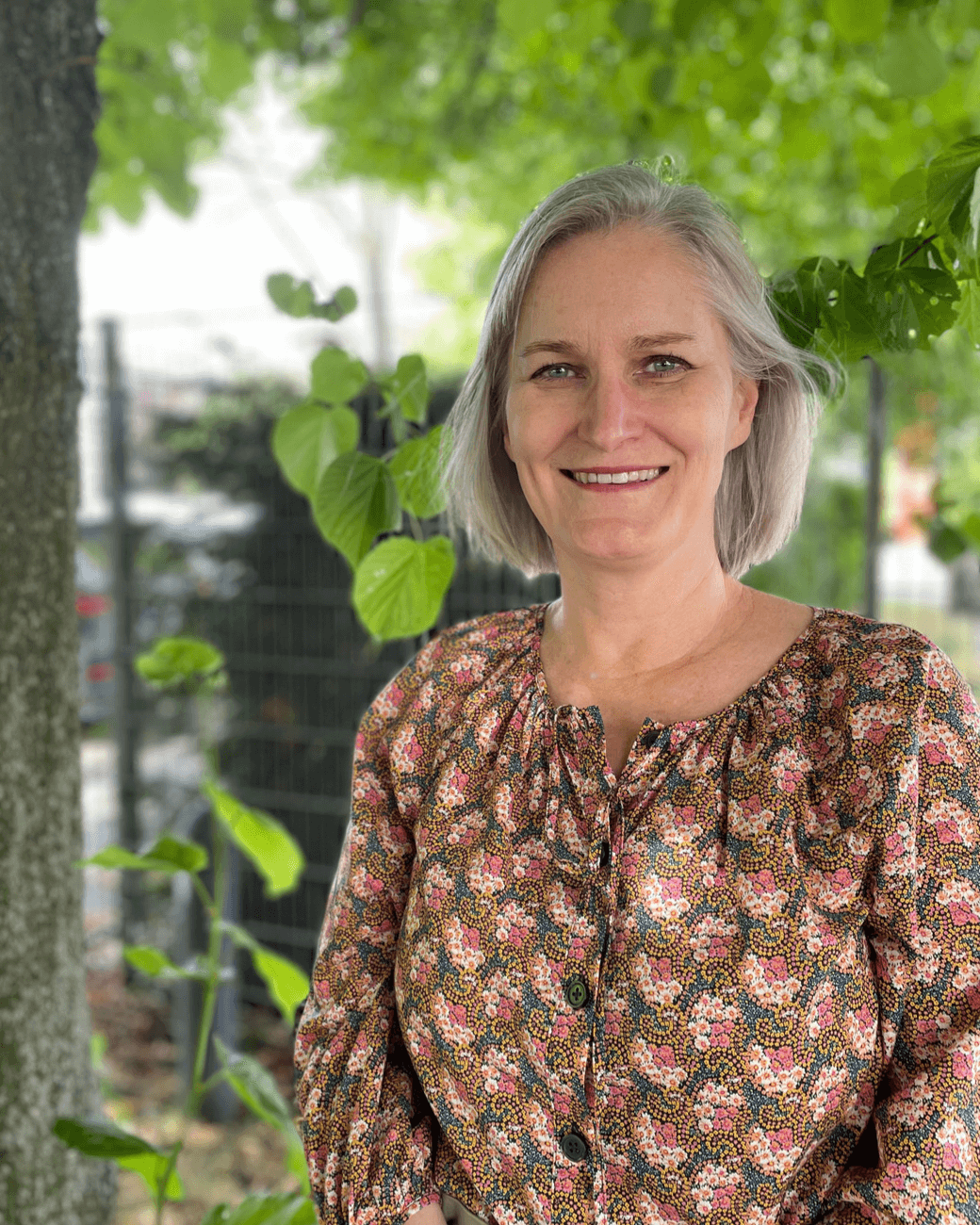
When I started my journey with the Joint Learning Initiative as CEO in 2020, I joined the staff in establishing a clear goal: to challenge unequal power dynamics in our knowledge production, and create fair, equitable, and locally-led joint learning spaces.
It shouldn’t be a radical concept: that local actors define and pursue their own evidence agendas, based on the needs and experiences of their own communities. Or that they should have the right to access, learn from, and most importantly critique the evidence created about them by external agencies.
Unfortunately, those of us who have worked in the international humanitarian, development and peacebuilding sectors, know that this can be far from reality. Too often, local actors are not engaged in shaping evidence and research questions. And so, knowledge production and access can replicate colonial models of extraction, white saviorism, and paternalism – even as we acknowledge that there can be good intent to avoid these approaches. Research and evidence are used to inform communications to donors and influence policy, while decision-making in the current architecture of the humanitarian and development world is centered in the Global North.
JLI’s mission has always focussed on amplifying the experiences of local faith actors. Since our inception over ten years ago, we have dedicated ourselves to documenting the expertise and needs of local faith actors engaging in humanitarian, development, and peacebuilding work. Through our Global Learning Hubs, we have brought together academics, local and international faith actors, and humanitarian agencies, to create bodies of evidence on issues such as Gender Based Violence, Refugees and Forced Migration, Ending Violence Against Children, and Anti-Human Trafficking and Modern Slavery.
Our track record is one that brings our team, and our network, great pride. Starting as a small initiative seeking to redress the evidence gaps on local faith actors in humanitarian and development work, JLI is now a global network with over a thousand members worldwide. Our work has given intellectual grounding to a movement that, over the past decade, now increasingly recognizes and centers the work of faith actors in mainstream humanitarian and development discourse.
But it is not enough.
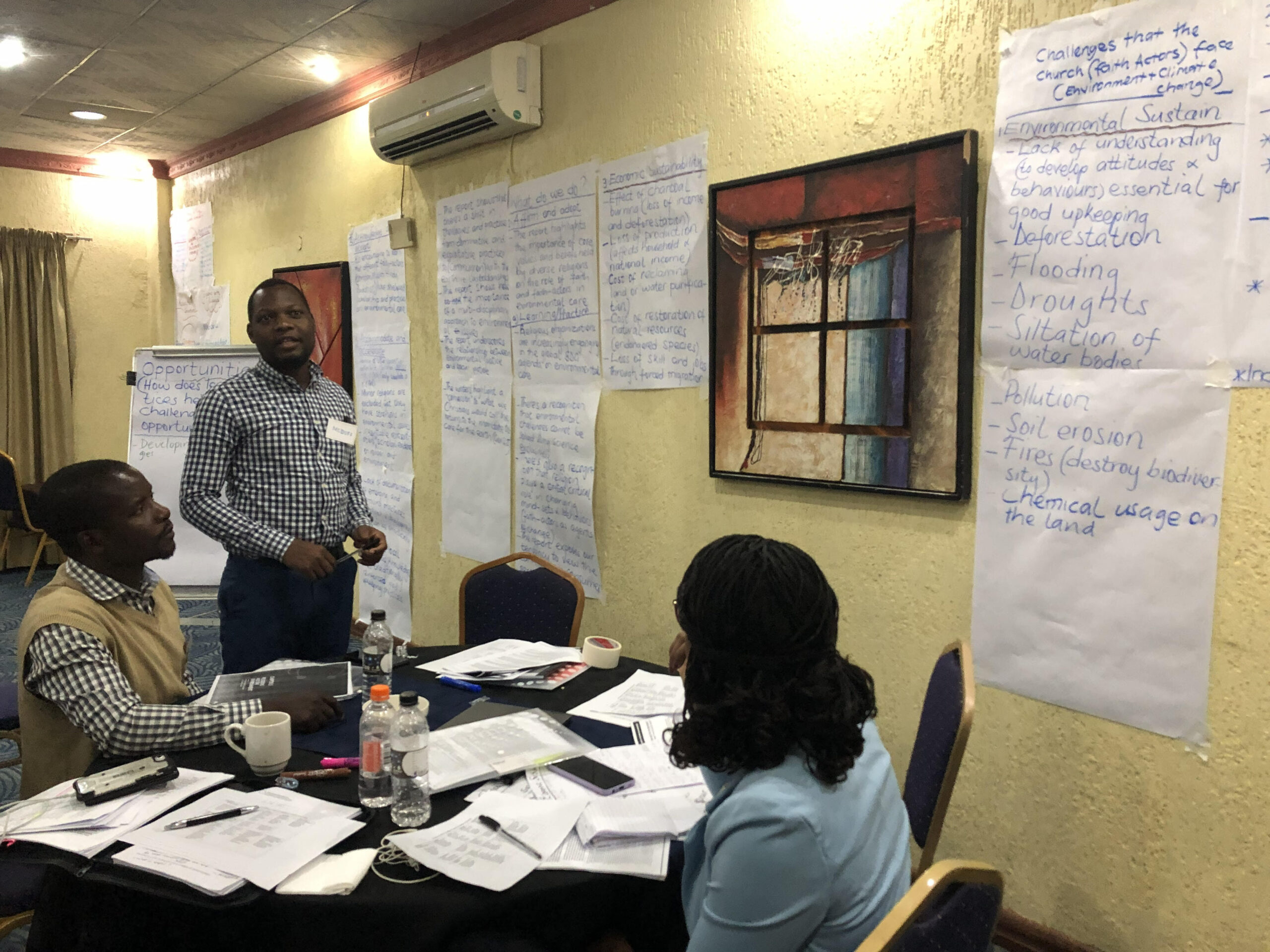
I started my tenure at JLI in the wake of George Floyd’s murder, when much of the world was aflame with conversations around racism, decolonisation, and privilege – and what true racial justice and decolonisation should look like. It was a period of intense reflection for JLI – one of asking ourselves difficult questions, and being confronted with uncomfortable truths. Who was leading and shaping JLI’s evidence agenda – local faith actors, or international agencies based in the US or Europe? To what extent did we challenge, or reinforce extractive knowledge production? Who benefited from the evidence we created? And how accessible was JLI’s evidence, and networks, to the very communities we claimed to champion?
We released JLI’s Commitment to Action for Racial Justice and Solidarity, and quickly committed ourselves to “walking the talk”. In May 2021, we launched JLI’s Fair & Equitable Initiative, which aimed to challenge unequal power dynamics in JLI’s knowledge production, by creating fair and equitable joint learning spaces. Over the past two years, JLI has invested heavily in building relationships with local actors, supporting them to lead and launch the very first JLI Regional Learning Hubs – spaces where regional, national, and local researchers, practitioners, and faith actors, can map and critique the evidence created about their region, define and pursue their own evidence agendas, and support each other’s shared learning and practice.
Now, as we have just celebrated JLI’s ten year anniversary, we are proud to say that we have active Regional Learning Hubs in Syria (on Mental Health and Psychosocial Support), the Middle East (on Monitoring, Evaluation, Accountability, and Learning and Faith) and East Africa (on Governance, Peacebuilding and Local Faith Actors) – with plans for two further Regional Learning Hubs to be launched in 2023. Each Hub is led by academics, practitioners or faith actors rooted in the respective regions, with JLI serving only to facilitate and support.
Beyond Regional Learning Hubs, we also want to utilize our digital spaces as platforms for local faith actors to share their experiences. This is where the newly launched JLI blog, Rethinking Religions & Development comes in. We want this to be a space for all our members to share experiences, stories, projects, and research – including perspectives and critiques of knowledge production and dissemination – so we can continue the work of fair and equitable shared learning at global and digital levels.
We have a great line-up of articles which we are excited to share with you. Stories from JLI’s Regional Learning Hubs, accessible summaries of our new State of the Evidence on Religions and Development, learnings of local faith actors working in COVID-19 response, and more. Now, we invite you – our members and supporters – to share your stories too.
Working to create a more fair and equitable JLI has not been easy, and too often we are still confronted with our own shortcomings, and how much learning – and unlearning – we have yet to do, in order to truly challenge unjust power dynamics in knowledge production. But we are invigorated by the new relationships we have built, the local leadership we are following, and excited for the path ahead.
We hope you will walk that path with us.

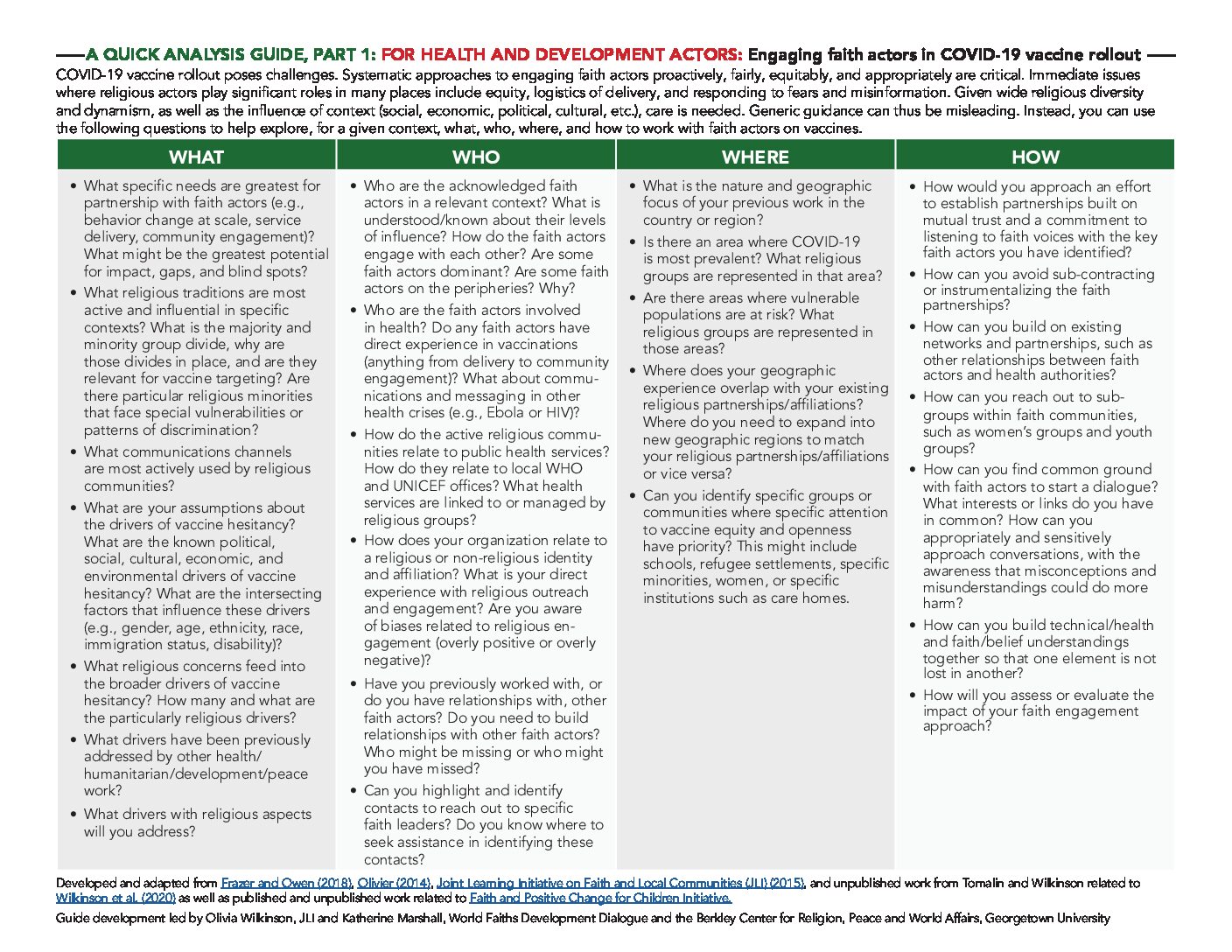
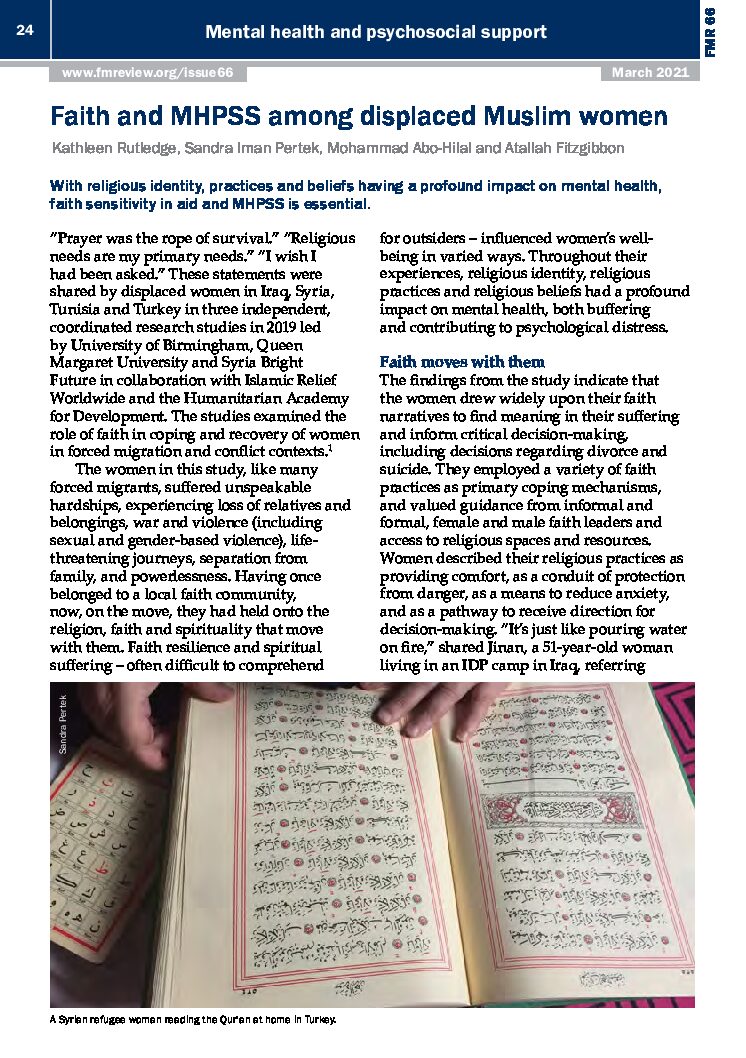
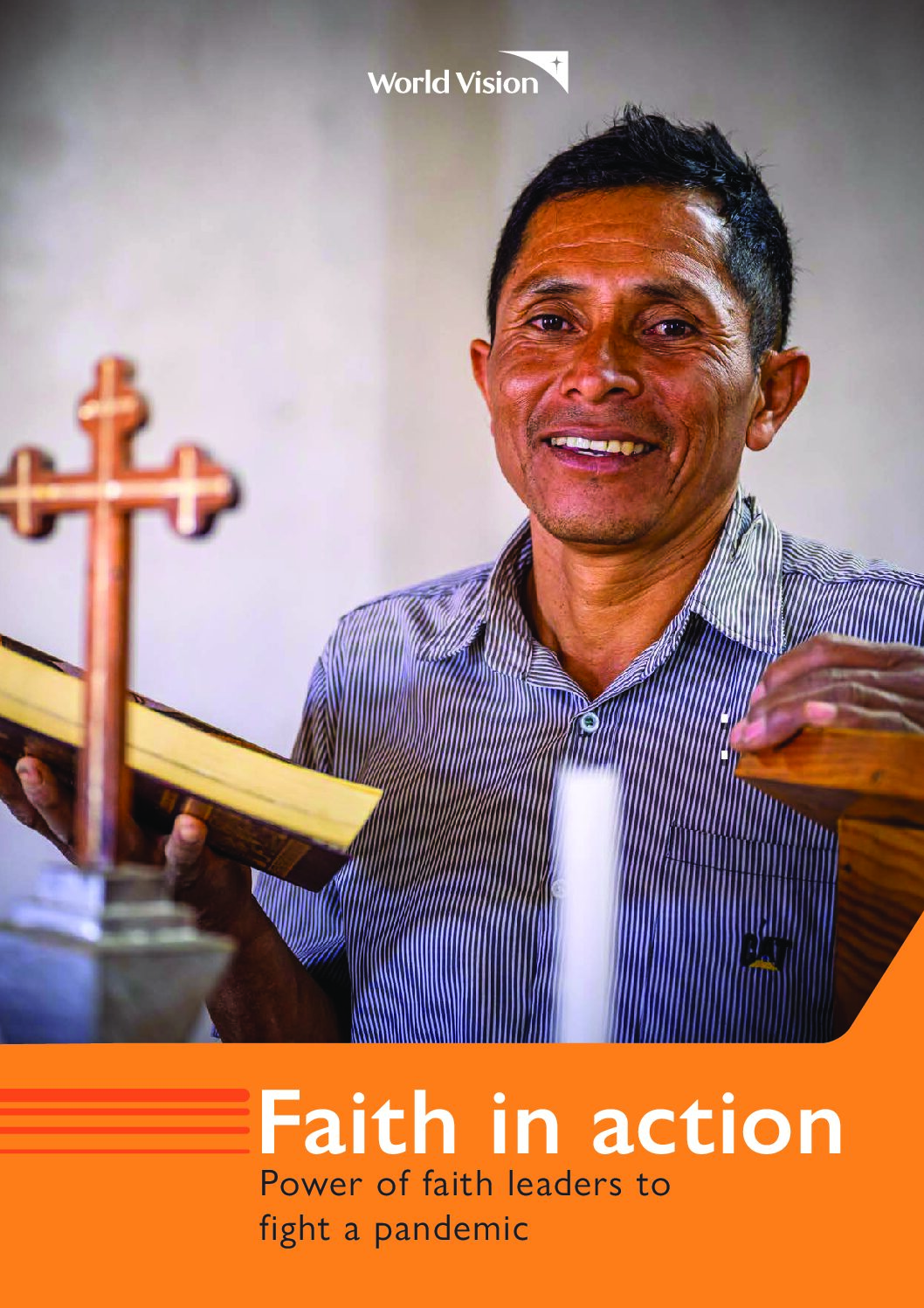
0 Comments